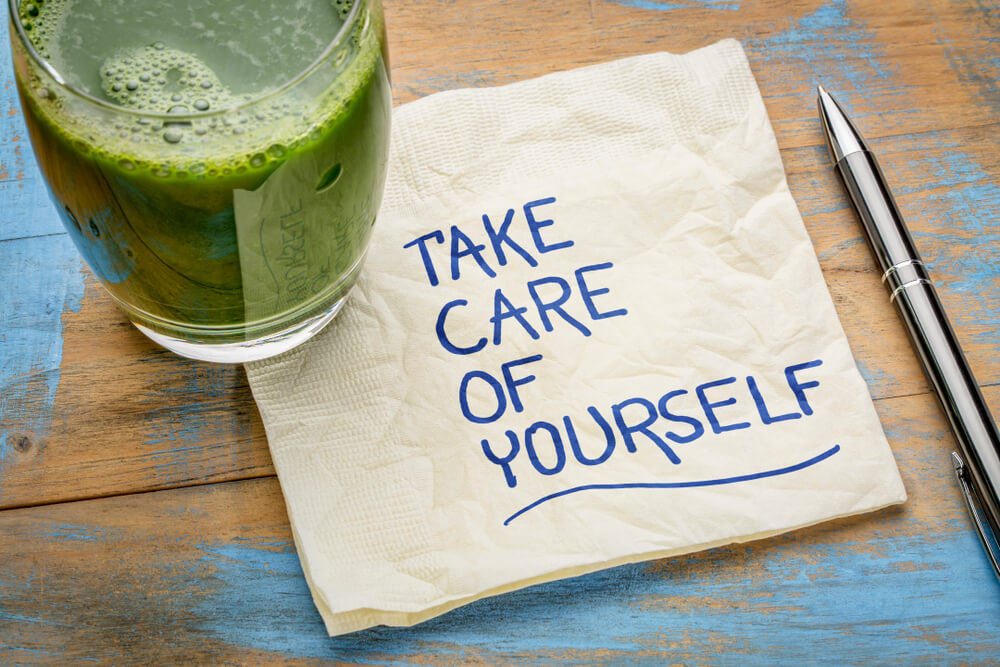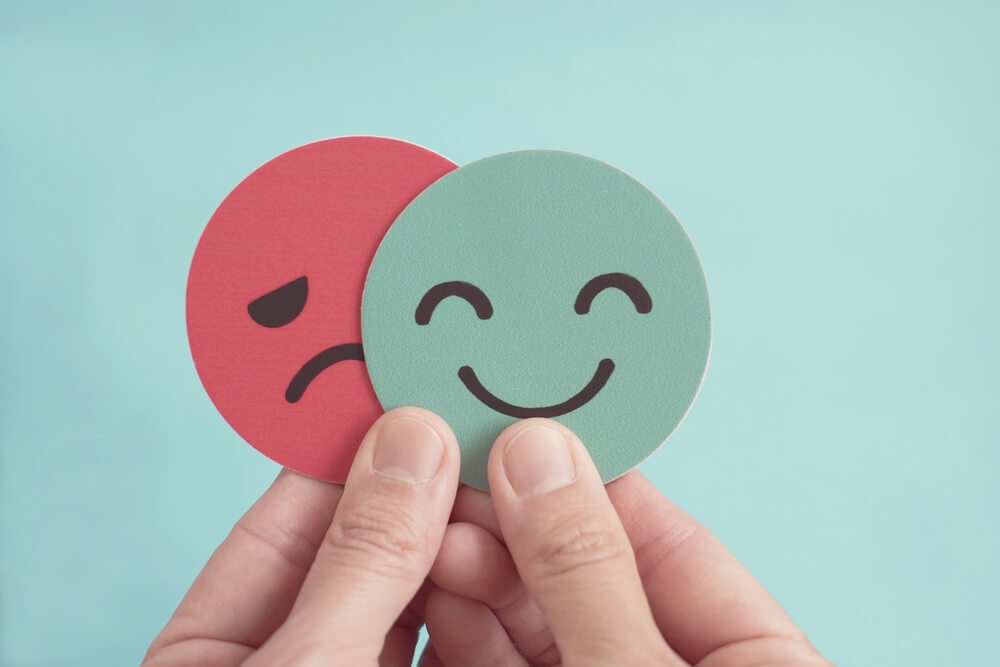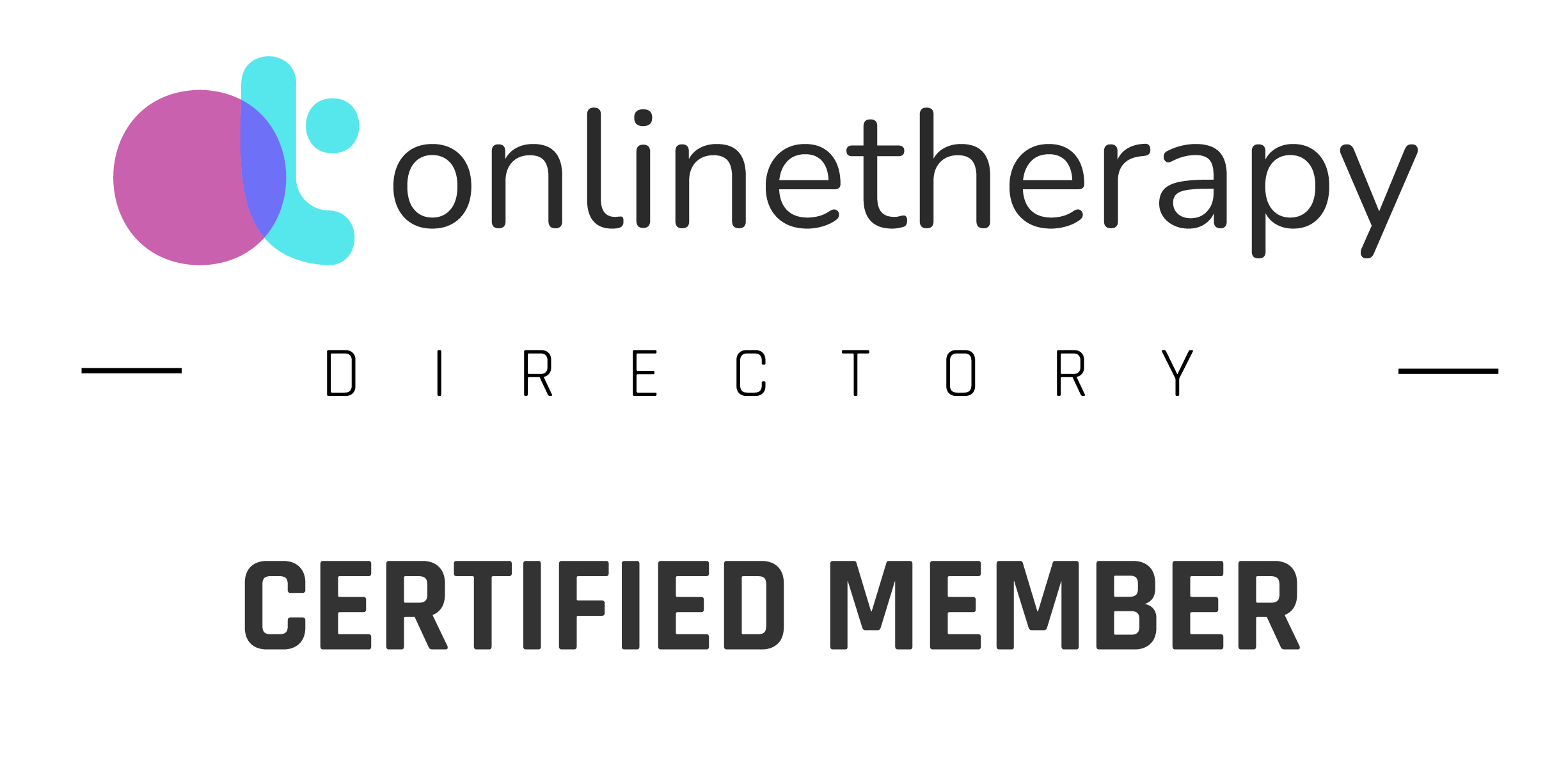Emotional responsibility is crucial to personal growth and healthy relationships. It means acknowledging, understanding, and managing one’s emotions effectively. This blog post will explore practical tips to help you become more emotionally responsible and foster emotional responsibility in relationships.
Understand Your Emotions
Recognize and Identify Your Emotions
The first step towards emotional responsibility is to recognize and identify your emotions. Take the time to observe and label your feelings as they arise. Are you feeling happy, sad, angry, or anxious? By naming your emotions, you better understand your internal experiences.
Understand the Root Causes of Your Emotions
Once you have identified your emotions, try to understand their root causes. What triggered these feelings? Are they stemming from past experiences, current situations, or unmet needs? Gaining insight into the origins of your emotions helps you address them more effectively.
Learn to Express Your Emotions in a Healthy Way
It’s important to learn how to express your emotions healthily and constructively. Instead of suppressing or lashing out, find appropriate outlets to communicate your feelings. This can involve talking to a trusted friend, journaling, or engaging in creative activities that allow you to process your emotions.

Practice Self-Awareness
Regularly Reflect on Your Thoughts, Feelings, and Behaviors
Self-awareness is key to emotional responsibility. Make it a habit to reflect on your thoughts, feelings, and behaviors regularly. Take a step back and objectively observe your patterns and reactions. This introspection will help you identify areas where you need to manage your emotions more effectively.
Observe How Your Emotions Influence Your Decision-Making
Pay attention to how your emotions influence your decision-making process. Do you tend to make impulsive choices when you’re angry or upset? Do you avoid certain situations due to fear or anxiety? By recognizing the impact of your emotions on your decisions, you can make more conscious and rational choices.
Develop the Ability to Pause and Respond Rather Than React
Emotional responsibility involves developing the ability to pause before reacting. When faced with a challenging situation or intense emotions, take a moment to breathe and assess your feelings. By creating a gap between the trigger and your response, you can respond more thoughtfully and controlled.

Take Responsibility for Your Emotions
Acknowledge That Your Emotions Are Your Own
It’s essential to acknowledge that your emotions are your responsibility. While external factors can influence your feelings, ultimately, you are the one in control of how you respond to them. Embrace ownership of your emotional experiences and avoid placing blame on others.
Avoid Blaming Others for How You Feel
Emotional responsibility means refraining from blaming others for how you feel. Instead of pointing fingers or playing the victim, focus on understanding and managing your emotions. Remember that while others’ actions may trigger certain feelings, it’s up to you to decide how to handle them.
Commit to Managing Your Emotions Effectively
Make a conscious commitment to managing your emotions effectively. This involves taking proactive steps to regulate your feelings, such as practicing self-care, seeking support when needed, and developing healthy coping mechanisms. By prioritizing emotional management, you become more resilient and better equipped to handle life’s challenges.
Develop Emotional Regulation Strategies
Learn Techniques Like Deep Breathing, Meditation, or Journaling
There are various techniques you can use to regulate your emotions effectively. Deep breathing exercises can help calm your mind and body when feeling overwhelmed. Meditation allows you to cultivate inner peace and clarity. Journaling provides a safe space to express and process your emotions.
Practice Mindfulness to Stay Present and Grounded
Mindfulness is a powerful tool for emotional regulation. Practicing mindfulness teaches you to stay present in the moment and observe your thoughts and feelings without judgment. This helps you maintain a sense of groundedness and prevents you from getting swept away by intense emotions.
Implement Coping Mechanisms to Handle Difficult Emotions
Develop a toolkit of coping mechanisms to handle difficult emotions when they arise. This can include engaging in physical exercise, practicing relaxation techniques, seeking social support, or engaging in activities that bring joy and comfort. A range of coping strategies empowers you to navigate emotional challenges more effectively.
Communicate Effectively

Express Your Emotions Clearly and Assertively
Effective communication is crucial for emotional responsibility. Learn to express your emotions clearly and assertively, using “I” statements to convey your feelings and needs. Avoid blaming or attacking others; instead, focus on expressing yourself nonjudgmentally and respectfully.
Listen Actively to Understand Others’ Perspectives
Emotional responsibility also involves being a good listener. Practice active listening to understand others’ perspectives and emotions. Give them your full attention, ask clarifying questions, and show empathy. You foster healthier relationships and emotional connections by creating a safe and supportive space for open communication.
Engage in Constructive Dialogues to Resolve Conflicts
When conflicts arise, approach them with a constructive mindset. Engage in dialogues that aim to understand each other’s viewpoints and find mutually beneficial solutions. Focus on the issues rather than personal attacks, and be willing to compromise and find common ground. Constructive communication helps resolve conflicts and strengthens emotional bonds.
Practice Self-Care

Prioritize Your Physical and Mental Well-Being
Self-care is an essential aspect of emotional responsibility. Prioritize your physical and mental well-being by engaging in activities that promote relaxation, stress relief, and overall health. This can include regular exercise, a balanced diet, sufficient sleep, and time for hobbies and leisure.
Engage in Activities That Nourish Your Emotional Needs
Identify activities that nourish your emotional needs and incorporate them into your routine. This can involve pursuing creative outlets, spending time in nature, engaging in self-reflection, or participating in activities that create fulfillment. By nurturing your emotional well-being, you build resilience and enhance your ability to manage emotions effectively.
Surround Yourself With a Supportive Network
Building a supportive network is crucial for emotional responsibility. Surround yourself with people who uplift and encourage you and provide a safe space to express your emotions. Seek out relationships based on mutual respect, trust, and emotional support. A strong support system can help you navigate challenges and maintain emotional well-being.
Schedule a Session With Us
Becoming emotionally responsible in relationships is a lifelong journey of self-discovery and growth. Improving relationships is possible by understanding your feelings and being self-aware. Taking responsibility for your emotions and learning to control them are important steps. Good communication and self-care also play a key role in building better relationships.
At Mind and Body Counseling Associates, we understand the importance of emotional responsibility and support you on your journey. Our experienced therapists provide a safe and non-judgmental space to explore your emotions, develop coping strategies, and cultivate healthier relationships. Schedule an appointment today.


